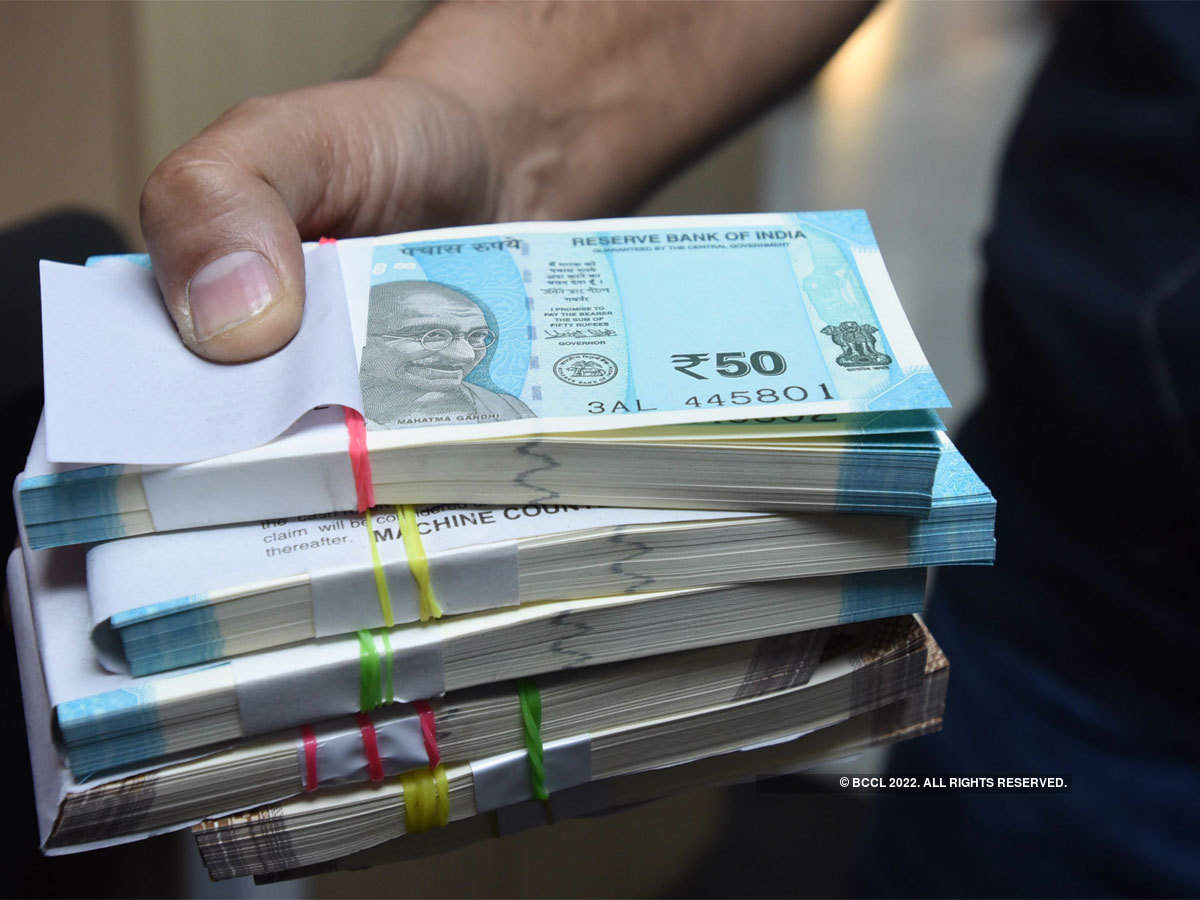Recent weeks have demonstrated how “family first,” “corruption first,” and “freebies first” policies have wreaked havoc on economies in and around India, most notably Sri Lanka. Without naming any one state, political party, or individual, Prime Minister Modi sounded a note of caution about the dangers of populism and quick fixes in politics. In the past, many notable people and organizations, including the United States Supreme Court, have offered their thoughts on this topic.
Instead of a “free for all” approach, which is unfair to the most deprived and perhaps nothing more than a gimmick because usually such schemes can never be implemented or sustained for a long time, any competent administrator would support the idea of ensuring that his or her government ensures targeted, foolproof, leakage-free delivery of welfare policies to those who need it the most. Administrators must make sure that the impoverished and the marginalized have first claim on state resources given that states have limited resources rather than endless bounties that come from taxpayers.

This makes it abundantly clear that while a welfare measure is a targeted instrument to effect long-term change and improve the beneficiary’s condition by raising it to a level where the beneficiary can become self-sustaining and productive, a freebie or a Revdi is merely a “feel good announcement” whose implementation is dubious, the outcome is flawed, and the intent is malafide.
In that light, it was puzzling that the Delhi chief minister would have taken the Prime Minister’s remark so personally, given that no one had been singled out by name. It was like touching a raw nerve. As a result of Mr. Kejriwal’s exaggerated response, we feel compelled to investigate the distinction between welfare and Revdi.
Mr. Kejriwal has made much ado about his plan to provide free education. His spokesman claims that many Delhi parents have enrolled their children in public schools rather than keep them in private ones. Mr. Kejriwal’s government had eight years to open additional schools to meet this massive demand.
However, much to my astonishment, those who vowed to create 500 new schools and 20 new colleges in the last eight years can’t name 20 new schools and 5 new colleges they have opened in debate after debate, night after night. The BJP has raised the issue that the Delhi administration has been closing down government schools rather than opening new ones in the Delhi assembly. They keep talking about adding classrooms, but that doesn’t help unless you also have the staff, facilities, and grounds to accommodate all of the new students, and unless you open a new school closer to their neighborhood instead of just adding a few classrooms to an already large and inconveniently located one.

The NCPCR has also brought to light the fact that of the 1027 schools run by the Delhi government, roughly 750+ schools have no principal and 418+ schools have no vice principal. It’s also true that thousands of economically disadvantaged (EWS) pupils’ seats were unfilled despite the RTE Act’s mandate that they be filled. Many temporary school instructors were among the 22,000 who were laid off.
Despite assurances that their posts would become permanent, the Delhi government has not even filled the sanctioned positions for teachers in Delhi government schools. Specifically, the Delhi High Court recently asked the Kejriwal government to respond to a petition revealing that 63 percent of teaching positions and 80 percent of principal positions were unfilled in schools under the jurisdiction of the Delhi government. In April 2022, the Delhi High Court reprimanded the Delhi government for not paying teacher salaries. Justice Subramanium Prasad lamented that there was no excuse for the delay in payment because “teachers could not be treated like this as they shape the future of the country.” This can’t possibly be a top-tier prototype, can it?
A recent research stated that 40% of pupils who failed class ninth are dropping out of school as a direct result of all of this. Delhi government schools recently scored lower in every subject and across classes compared to Punjab, according to the NAS 2021, a poll testing kids in classes 3, 5, 8, and 10 throughout the country in a variety of disciplines.
As an example, he has alleged widespread corruption and sloppiness in the building of classrooms in the Delhi government schools. Recently, MP Manoj Tiwari filed a complaint alleging that schools that could have been built for Rs.5lakhs a room were instead built for Rs.28 lakhs per room. The complaint has been acknowledged by the lokayukta in Delhi, who has been asked to conduct an investigation and provide a report. In a letter dated July 20, 2022, Mr. Sisodia’s Education Ministry raised concerns about the PWD’s building work due to numerous complaints about the use of low-quality materials and other defects.
Since the Revdi model’s main goal is to win elections, it places less emphasis on vyavastha, or wholesale systemic reform, and more on vigyapan, or targeted advertising. There is evidence of this in the Kejriwal government’s loan scheme, which cost 19 crores of rupees to promote yet was only able to help two out of 89 students who registered for it in 2021-22. Unlike Revdi-nomics, which simply costs taxpayers while garnering its patronage’s political patronage in the short term, welfare economics can actually improve people’s lives.

